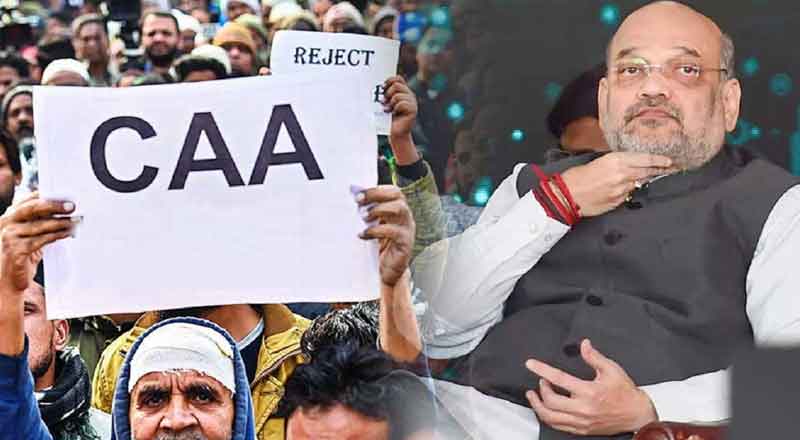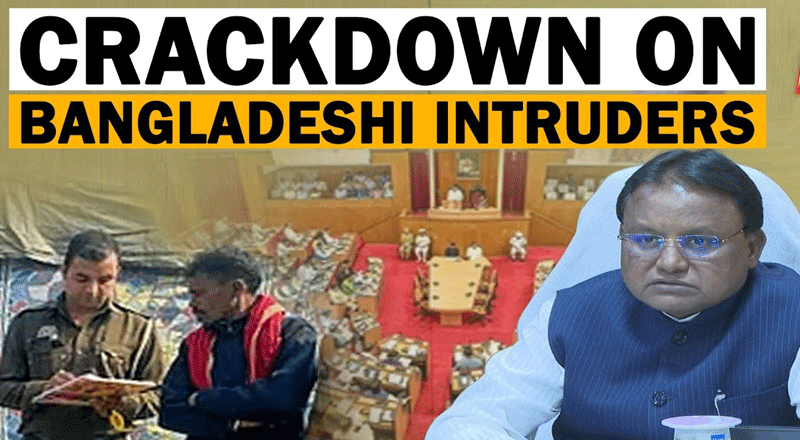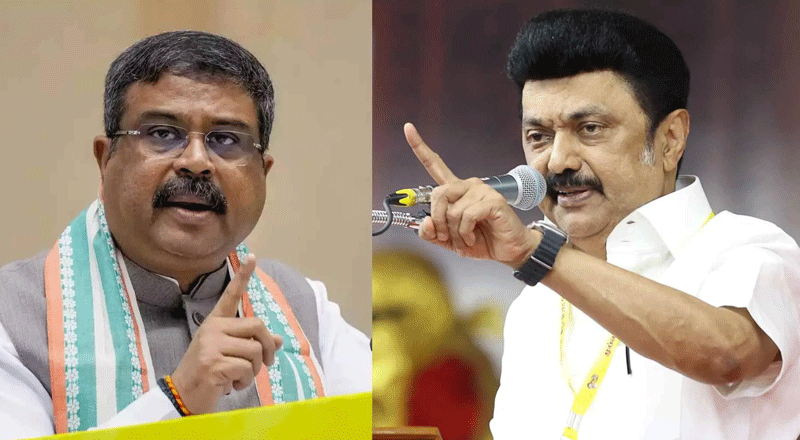- The SC declined to grant an immediate stay on the implementation of the Citizenship Amendment Act (CAA), despite hearing 237 petitions challenging its constitutional validity.
- Solicitor-General Tushar Mehta, representing the government, requested an extension of four weeks to adequately address the plethora of petitions.
- The bench heard arguments from various petitioners, including the Indian Union Muslim League and opposition stalwarts like Jairam Ramesh and Mahua Moitra.
- Senior advocate Kapil Sibal, representing the petitioners, highlighted the irreversible consequences of granting citizenship under the controversial law.
- The law grants citizenship to non-Muslim migrants from Pakistan, Bangladesh, and Afghanistan who arrived in India on or before December 31, 2014.
- Its passage has sparked nationwide debates and prompted legal challenges, underscoring the complexities surrounding citizenship and religious identity in India.
In a consequential ruling, the Supreme Court declined to grant an immediate stay on the implementation of the Citizenship Amendment Act (CAA), despite hearing 237 petitions challenging its constitutional validity. Instead, the apex court has given the Centre a window of three weeks to respond to these petitions, with the deadline set for April 8.
During the proceedings, Solicitor-General Tushar Mehta, representing the government, requested an extension of four weeks to adequately address the plethora of petitions. Emphasizing the complexity of the issues raised, Mehta stressed the necessity for a detailed and comprehensive response to the myriad challenges posed by the petitioners.
The bench, presided over by Chief Justice DY Chandrachud and comprising Justices JB Pardiwala and Manoj Misra, heard arguments from various petitioners, including the Indian Union Muslim League and opposition stalwarts like Jairam Ramesh and Mahua Moitra. While the petitioners did not explicitly oppose the government’s request for additional time, they urged the court to order an immediate stay on the implementation of the CAA.
Senior advocate Kapil Sibal, representing the petitioners, underscored the urgency of the situation, highlighting the irreversible consequences of granting citizenship under the controversial law. He emphasized that since the rules have been notified, the circumstances are distinct from 2019 when the court declined a stay due to the absence of rules.
The court’s decision not to subject the grant of citizenship under the CAA to the outcome of the pending petitions was met with arguments from both sides. While Solicitor General Tushar Mehta defended the law, asserting that it grants citizenship and causes no prejudice to the petitioners, Kapil Sibal reiterated the need for a stay to prevent irreversible consequences.
The urgency of the matter prompted the court to urgently list the pleas seeking a stay on the CAA’s implementation. The Indian Union Muslim League, in its application, argued that the rules notified under the CAA are arbitrary and unconstitutional, violating Articles 14 and 15 of the Constitution.
The contentious nature of the CAA, enacted in 2019, cannot be understated. The law grants citizenship to non-Muslim migrants from Pakistan, Bangladesh, and Afghanistan who arrived in India on or before December 31, 2014. Its passage has sparked nationwide debates and prompted legal challenges, underscoring the complexities surrounding citizenship and religious identity in India.
As the legal battle unfolds in the highest court of the land, the implications of the CAA on India’s socio-political landscape remain profound, and the Supreme Court’s forthcoming ruling is eagerly awaited by all stakeholders involved.
(With inputs from agencies)





